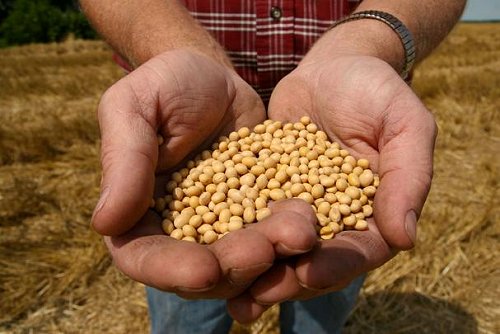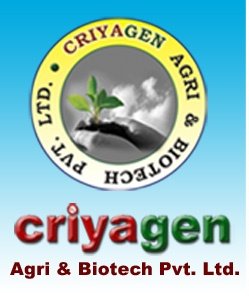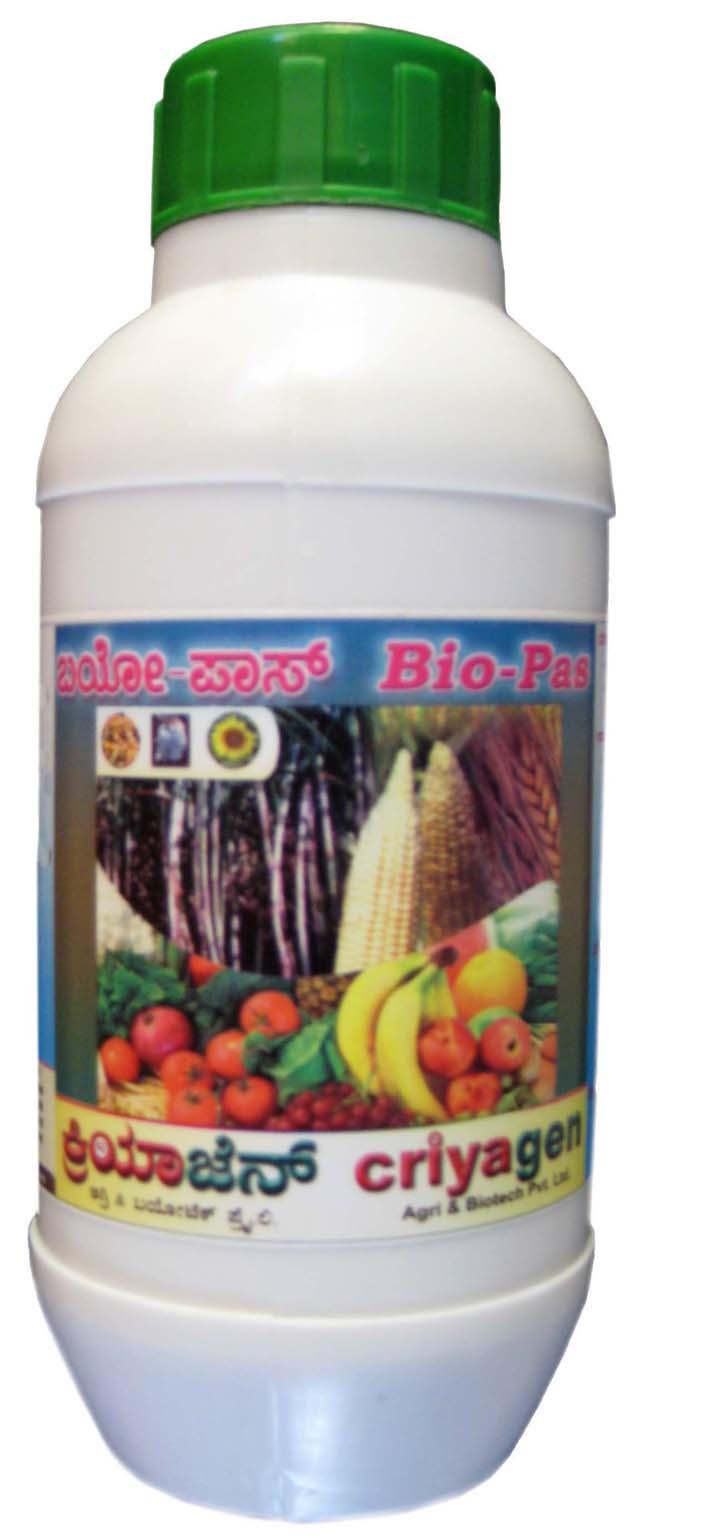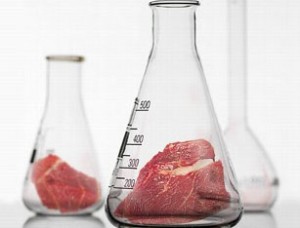There are many companies that specialize in different types of agricultural biotechnology. Some of these companies are well known, while some of them are fairly newer. |
||||
 Monsanto: Monsanto works mainly with the genetic modification of seeds. They work to meet farmer demands by offering seeds with the best possible germplasm, or improved genetics, for a higher yield. Some of the plant seeds that they genetically modify are corn, cotton, oil-seeds (soybean and canola), wheat, and vegetables. Monsanto is helping farmers get a higher yield of crop per seed, through their work in breeding. They can help farmers combat insects and control weeds, so the crop yield is saved during its season of growth.  |
 Criyagen: Criyagen's main goal is to increase the amount of low cost eco-friendly organic inputs. They are trying to create a new generation of biofuel that will be more environmentally friendly. Criyagen needs help from farmers, agri-business entities, entrepreneurs, and policy makers to take the ideas from Criyagen and spread them to domestic and global markets. They have also created liquid formulas with bacteria in them, which are used to help the plant growth. Some of these formulas are: -Bio Raj (fixes atmospheric nitrogen into an available form): wheat, maize, cotton, sunflower, coffee, tea, vanilla, etc. -Bio Cat (protects the roots of some plant species against parasitic fungi): wheat, sugarcane, maize, coffee, tea, vanilla, chili, ginger, etc. -Bio Com (can degrade the plant biomass): sugarcane -Bio Pas (improves plant immunity): sugarcane, cotton, sunflower, coffee, tea, vanilla, grapes, mango, coconut, etc.  |
In Vitro Meats: A fairly new breakthrough in agricultural biotechnology is the creation of in vitro meats, or "test tube meats". Many scientists across the world are trying to figure out how to make "meat" without killing animals. By creating this special meat, less land would have to go towards feeding the cattle, which would give farmers more land to plant crops for people. Also, the water supply would increase, because less water would be used on cattle, and the crops for the cattle. A reduction in cattle would reduce methane counts that is released into the ozone layer. Another benefit from in vitro meat is that people would pay less for their meats. One such group who is trying to create this special food is the Invitro Meat Consortium in Norway.  |
||